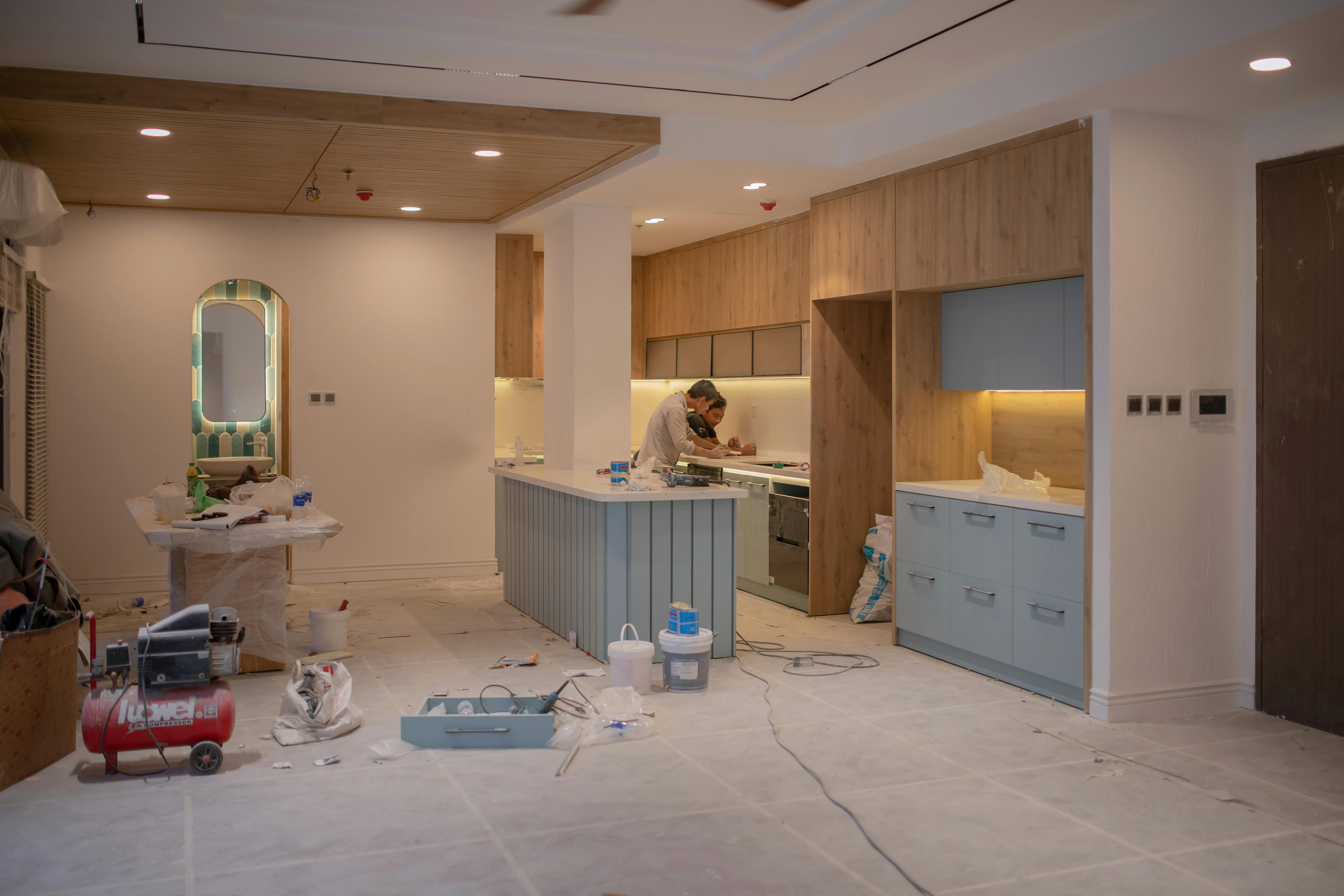Landlord Blog
Education and news for smart DIY landlords!
Is It Worth Renovating Before Selling? Pros and Cons of Pre-Sale Home Improvements

When preparing to sell your home, you may wonder whether investing in renovations will yield a higher return on investment (ROI). While strategic upgrades can boost your property’s appeal and value, not all renovations are worth the cost. Here's a balanced look at the pros and cons of pre-sale home improvements to help you make an informed decision.
Pros of Renovating Before Selling

Increased Market Value
Well-executed renovations can significantly increase your home’s market value. Buyers are often willing to pay a premium for move-in-ready homes, as they save time and effort. For instance, upgrading kitchens or bathrooms—areas that buyers often scrutinize—tends to yield a strong ROI. According to Remodeling Magazine’s Cost vs. Value Report, projects like minor kitchen remodels can recover up to 70-80% of their cost.
Faster Sale
Renovated homes often sell faster because they stand out in competitive markets. Modernized features and updated aesthetics appeal to buyers, giving them fewer reasons to negotiate or walk away. Curb appeal improvements, such as landscaping or a fresh coat of paint, can also make an immediate positive impression.
Fewer Buyer Negotiations
Renovating can address potential issues that might come up during inspections, reducing the likelihood of buyers requesting repairs or price reductions. Fixing things like leaky roofs, outdated electrical systems, or plumbing problems ahead of time can streamline the selling process.
Discover: Things You Can Negotiate During a Home Sale
Broader Buyer Appeal
Modern upgrades can attract a wider range of buyers. Features like energy-efficient windows, smart home technology, or updated flooring can appeal to eco-conscious or tech-savvy individuals, broadening your pool of potential buyers.
Cons of Renovating Before Selling

Upfront Costs
Renovations require significant financial investment, which might not always guarantee a full return. Extensive projects like major kitchen remodels or room additions can quickly add up, potentially eating into your profit margin.
Time Constraints
Renovation projects can take weeks or months, which could delay your timeline for listing the property. Unexpected delays, such as supply chain issues or contractor availability, can further complicate the process.
Risk of Over-Improvement
Over-renovating can be a common pitfall. Adding high-end finishes or luxury features that don’t align with neighborhood standards may not result in a proportional increase in value. It’s essential to understand your local market to ensure your renovations align with buyer expectations.
Uncertain ROI
Not all renovations yield the same ROI. Projects like installing a pool or a luxury bathroom might not resonate with buyers in your area. It’s crucial to prioritize cost-effective improvements that maximize your home’s appeal without overspending.
When to Renovate (and When to Skip)
Renovate if:
- Your home has glaring issues that deter buyers (e.g., damaged roofing or outdated kitchens).
- You’re in a seller’s market where buyers prioritize move-in-ready homes.
- The cost of improvements is reasonable relative to your expected sale price increase.
Skip major renovations if:
- The market is strong, and homes in your area are selling quickly.
- You lack the time or budget to complete the upgrades.
- The neighborhood’s price ceiling limits potential ROI.
Conclusion
Deciding whether to renovate before selling depends on your home’s condition, the local market, and your financial goals. While strategic updates can enhance appeal and value, it’s important to weigh the costs and potential benefits carefully. Consulting with a real estate agent or home appraiser can provide valuable insights, helping you prioritize renovations that align with your market and maximize your returns. For more real estate tips, visit our blog section.
